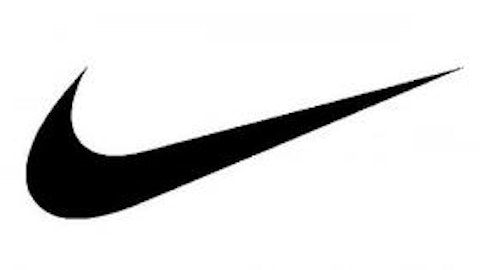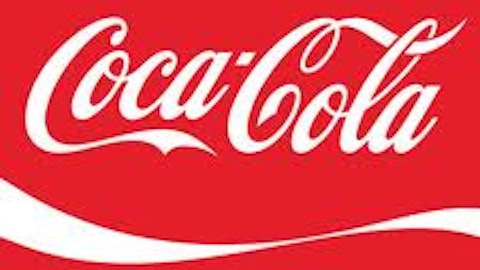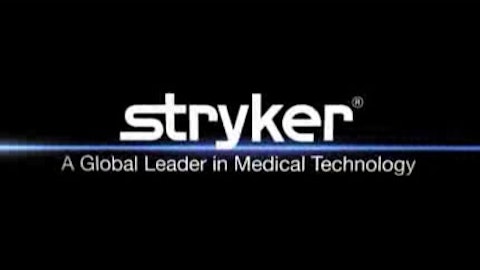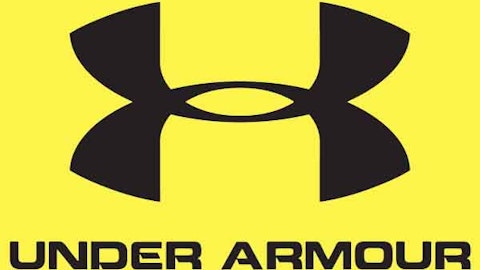In socially responsible investing, it’s pretty well established that alcohol, tobacco, firearms, and gambling stocks are off the table. They’re commonly known as “sin stocks.”
Some investors embrace sin stocks; cash gushes when people pay for naughtiness, and even though addictive products may cause harm to those who use them, we all know that the reality is that many people do choose to use them.
Government isn’t even above capitalizing off such companies. “Sin taxes” may seem like a negative incentive, but the truth is, state governments can generate some mean revenues from their sale. Prohibition ended during the Great Depression because alcohol was obviously in great demand and legality led to tax revenues. State lotteries are another good example of government’s love-hate relationship with sin.
There are a lot of ways individuals can strike out against sin stocks and vice-filled industries — giving investors and policymakers less means to profit from them. One can avoid investing in these companies, and avoid using their unhealthy wares.
However, when it comes to vice and harmful outcomes, maybe investors should rethink their position on what sin stocks really are, especially given the recent drive to push certain foods and drinks into this category. In this day and age, maybe the real sin stocks aren’t companies whose products customers abuse by choice, but those whose products abuse their customers.

It’s no surprise that many people find fast-food joints like McDonald’s Corporation (NYSE:MCD) reprehensible; public pressure from individuals, health organizations, and politicians has been directed at companies like McDonald’s for years.
Companies like Mickey D’s have also been responding. For example, McDonald’s now has Happy Meals with fewer fries and with apple slices, and it posts calorie information on its menus. You don’t have to buy a Big Mac and fries, either; McDonald’s also offers healthier fare such as yogurt, side salads, and fruit smoothies.
The anti-sugar and anti-junk-food sentiment is spreading, though. Soda giants like The Coca-Cola Company (NYSE:KO) and PepsiCo, Inc. (NYSE:PEP) both face increasing heated criticism over their servings of “sugar water,” helping America grow its obesity problems (and related health problems) into an epidemic.
Much was made about Coke’s recent anti-obesity ads, which have received a cynical response. Although Pepsi is working to increase its healthy food offerings (and Pepsi’s product portfolio includes everything from Doritos to Quaker Oats to Sun Chips), it’s still known for its hated “sugar water.”
At some point, though, the discussion about vice has to include how important it is to allow consumers to make educated choices. Maybe ignorance of risks matched with companies’ fighting to hide the risks of their products is the most sinful thing.
Personally, I don’t buy that fast-food stocks are “vice stocks” per se. There’s a point where we take judgment too far.
Don’t worry, though; I haven’t lost my edge. I believe there are industries where we don’t judge nearly enough.
The customer abusers
I’ve been thinking of a few other industries that should be viewed as vice-ridden. I’d argue that these companies prey on people’s hopes for security and therefore may be the most sinful of all.
Financial companies: Socially responsible Appleseed Fund broke from the pack when it blocked too-big-to-fail banks from its investment portfolios after the financial crisis. Financial companies took on so much risk that they threatened the well-being of our entire economy. They privatized profits and socialized losses. A recent Bloomberg article points out that not only is “too-big-to-fail” still out there, but that huge companies including JPMorgan Chase & Co. (NYSE:JPM), Bank of America Corp (NYSE:BAC), and Wells Fargo & Company (NYSE:WFC) have grown since 2007 and may even be “too hard to fix.”





